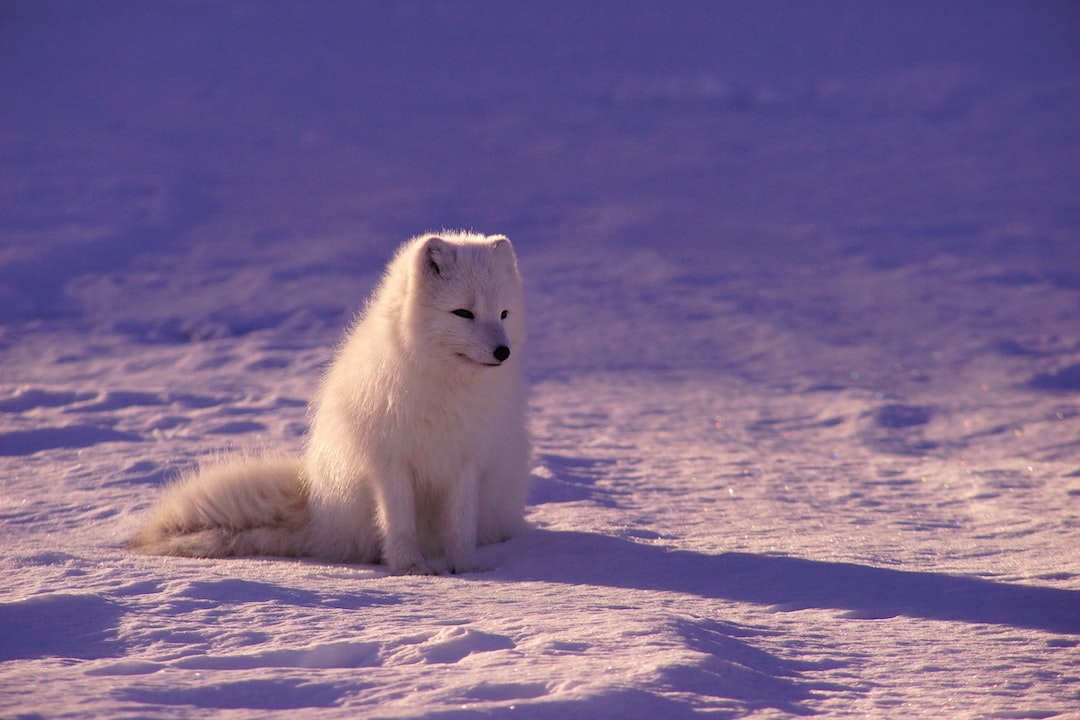Endangered Species Spotlight: Shedding Light on Their Plight
When we think of the beauty and diversity of our planet, one of the first things that come to mind is the vast array of species that inhabit it. From majestic elephants to colorful birds and delicate butterflies, the animal kingdom is a source of awe and wonder for many of us. However, not all species are thriving, and some are on the brink of extinction. It is essential for us to shed light on the plight of endangered species and take action to preserve their existence.
Endangered species are those that are at a high risk of extinction in the near future. They face numerous threats, chief among them being habitat destruction, climate change, pollution, and illegal wildlife trade. The loss of their natural habitat due to deforestation, urbanization, and land conversion is one of the primary reasons for their declining numbers. As humans encroach upon their territories, these species find themselves with inadequate spaces to live and breed, pushing them towards extinction.
Climate change poses an additional threat to endangered species. Rising temperatures and erratic weather patterns disrupt the delicate balance of ecosystems, often leading to their collapse. Many species cannot adapt to these rapid changes and face dwindling food sources and loss of suitable living conditions. Polar bears, for example, rely on sea ice for hunting seals, but as it melts due to global warming, their survival is at serious risk.
Pollution, especially from chemicals and plastics, also takes a toll on endangered species. From marine animals ingesting plastic waste to birds and insects suffering from pesticides, pollution compromises their health and survival. It is crucial that we reduce our consumption of single-use plastics and adopt eco-friendly practices to help protect these vulnerable species.
Illegal wildlife trade is a lucrative and devastating industry that drives many species towards extinction. From the ivory trade, which threatens elephants and rhinos, to the demand for exotic pets and traditional medicines, countless species are captured, killed, and traded illegally. Supplying this market leads to the destruction of ecosystems and the disruption of natural cycles, not to mention the cruelty inflicted upon these animals.
The future of endangered species is in our hands. We must raise awareness about their plight, educate ourselves and others on the importance of biodiversity, and support conservation efforts. Conservation organizations and wildlife reserves play a vital role in safeguarding species and their habitats. Governments should enforce stricter laws against illegal wildlife trade and provide funding for conservation projects.
At an individual level, we can make a difference by making sustainable choices in our daily lives. This includes reducing our carbon footprint, supporting ethical tourism, and choosing products that are environmentally friendly and not derived from endangered species. Educating ourselves about ecosystems and the importance of ecosystems services will help us understand the interconnectedness of all living beings and the impact of our actions.
It is our moral responsibility to shed light on the plight of endangered species and work towards their preservation. By taking action now, we can ensure that future generations inherit a planet rich in biodiversity and natural wonders. Let us not wait until it’s too late, for each species lost is a loss to the intricate web of life that sustains us all.


